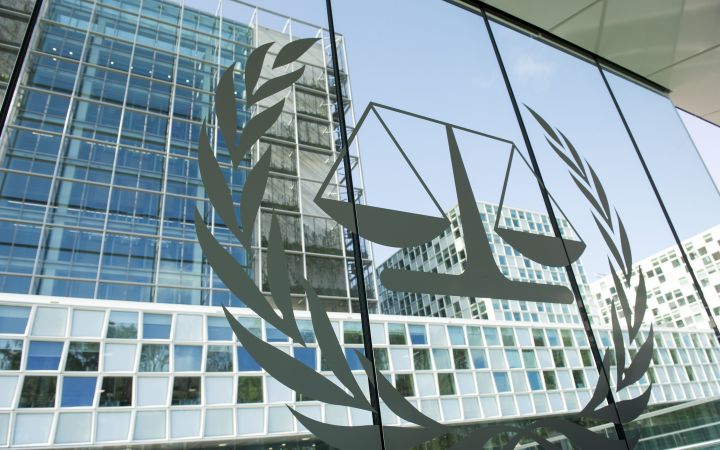10 September 2022, Geneva, Switzerland – International Criminal Law has come a long way since the Nuremberg trials and the entry into force of the Rome statute almost twenty years ago. Paralleling the prosecution of high-level cases, a plethora of accountability mechanisms continue to thrive. Among them we can count truth commissions, international and hybrid tribunals, fact-finding missions and investigations. While these developments have helped to satisfy the demand for justice around the word, they have also fueled debates about the state of international law, international criminal justice, and accountability.
The Executive Diploma on International Criminal Law and Transitional Justice will provide unique access to information, perspectives, updates and analysis on accountability mechanisms for both those seeking to develop a working background on the topics as well as those already thoroughly versed in their dynamics. Through this five-day substantive program spread over a period of one month, participants from around the world will listen to analysts, academics, policy makers and international experts to gain insight and rare first-hand knowledge about different accountability mechanisms from a wide range of perspectives. In addition to the substantive e-workshops, skills-focused modules will provide participants with a holistic training experiences and allow them to put their substantive knowledge into practice.
At the end of the Executive Diploma on International Criminal Law and Transitional Justice, participants should be able to:
- Explain the role of the UN and its bodies in relation to human rights violations;
- Define transitional justice and the role of the UN is the promotion of truth, justice, reparations and guarantees of non-recurrence;
- Explain the ongoing debates surrounding the establishment of international criminal courts;
- Discuss the work of the only permanent International Criminal Court with a focus on its jurisdiction and issues of admissibility of cases and complementarity with national legal systems;
- Discuss the perceived crisis of international criminal justice as indicated by imposed sanctions against the ICC Prosecutor and senior staff;
- Identify the increasing number of cases brought before national judiciaries under the principle of universal jurisdiction and what they might mean for the future of international criminal law and international criminal justice.
Click here to register for the Executive Diploma on International Criminal Law and Transitional Justice.
For more information, kindly contact UNITAR’s International Law Team at info.ilp@unitar.org.


